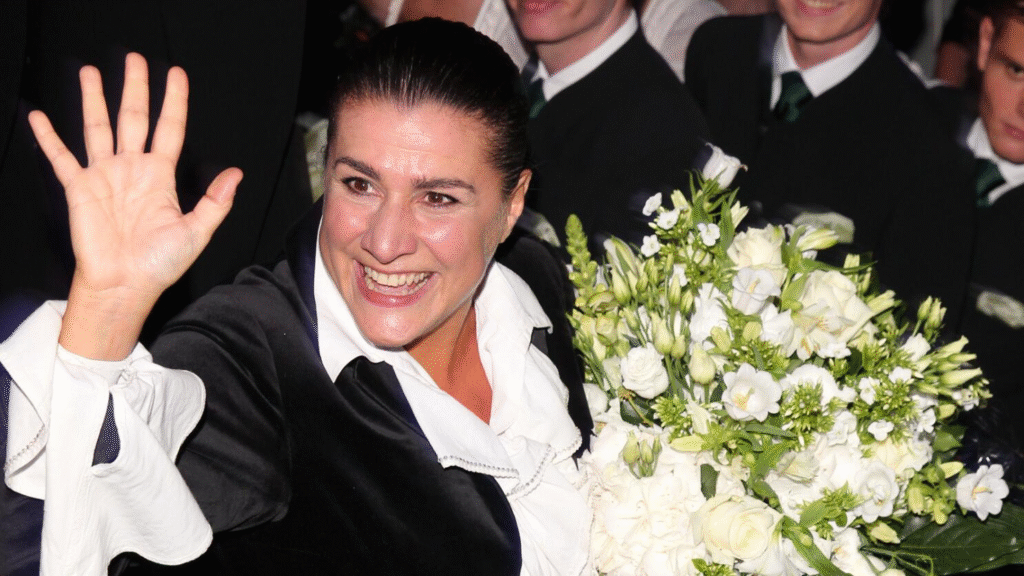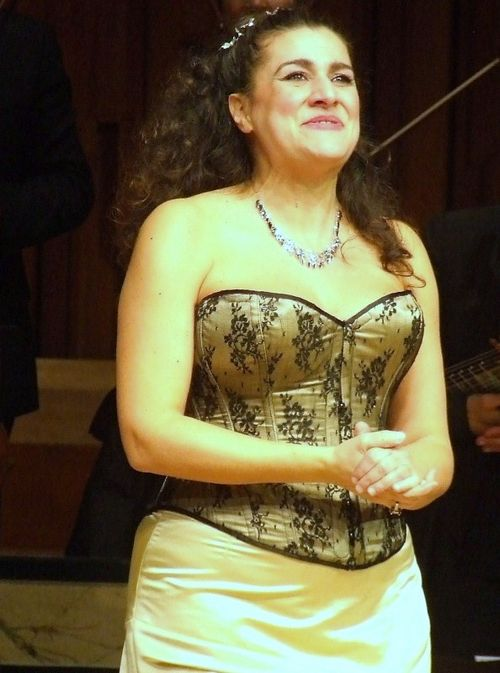Cecilia Bartoli’s Astonishing Return: When Technique Becomes Emotion and the Voice Transcends the Stage

Cecilia Bartoli has never been content to simply sing — she inhabits every note as if her body itself were the instrument. In her latest performance, the world once again remembered why she’s considered not just the greatest coloratura mezzo-soprano of her generation, but perhaps one of the greatest sopranos to ever live. Her voice doesn’t just execute Baroque ornamentation — it dances with it, shapes it, and transforms centuries-old phrases into something startlingly alive. Each run and trill feels like a heartbeat in motion, every crescendo a revelation in breath and soul.

Yet with brilliance often comes misunderstanding. As her performance clips spread online, some critics zeroed in on her dramatic facial expressions — the fierce eyes, the sudden smiles, the physical gestures that seem almost too vivid for modern sensibilities. But to those who have sat in the upper balconies of opera houses, her choices make perfect sense. When you’re singing for 3,000 people, emotion must travel across air and architecture. Every expression, every flicker of intensity becomes part of the rhythm — not vanity, but communication. She isn’t performing to the camera; she’s performing past it.
The response from seasoned critics and audiences alike has been near worshipful. “Her mastery here is beyond belief,” wrote one reviewer, adding that “even Horne at her best never reached this level of Baroque perfection.” It’s a comparison that speaks volumes: in Bartoli’s hands, music from the eighteenth century feels revolutionary again. She unites physicality and precision in a way that no recording can fully capture — her technique is as fierce as it is tender, her control both exacting and merciful.
Watching Cecilia Bartoli perform is to encounter a paradox that defines all true art — technique so flawless it disappears into emotion. She does not chase applause; she channels devotion. In every aria, she proves that greatness in opera is not about power or perfection, but about presence — the rare, trembling humanity that turns sound into spirit. And in that sense, Bartoli doesn’t just sing for the stage — she sings for eternity.





